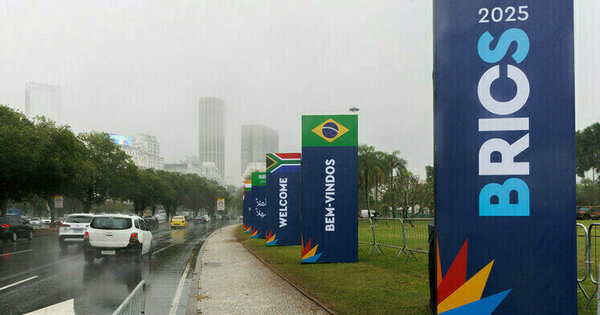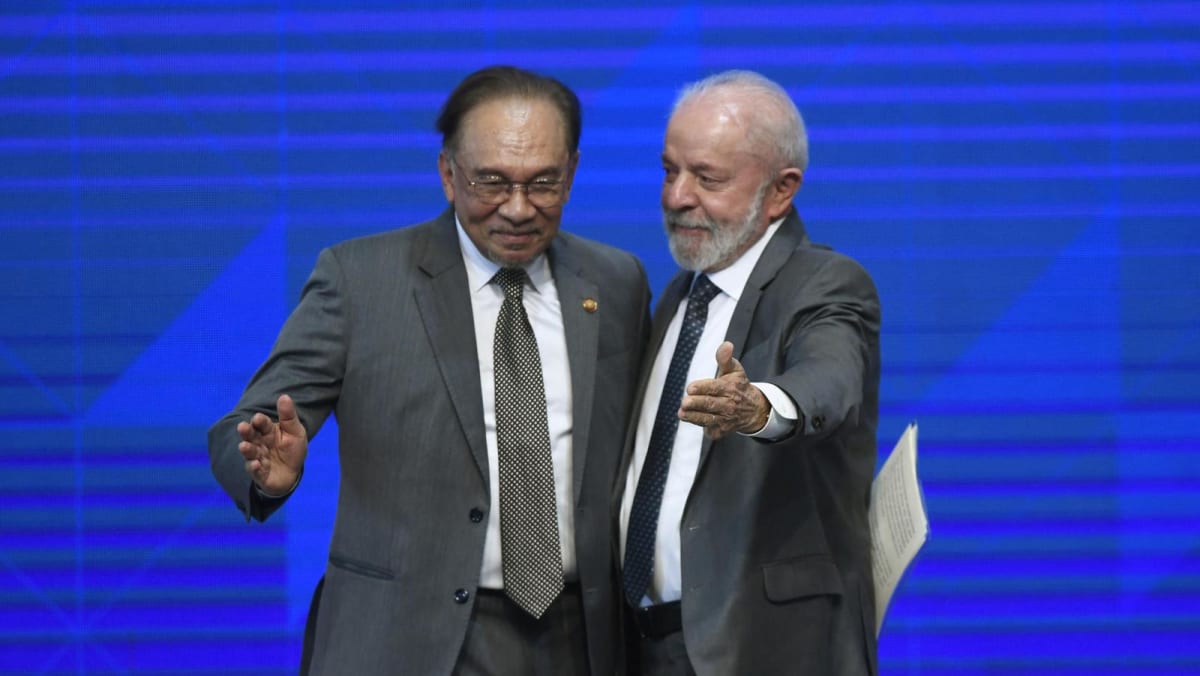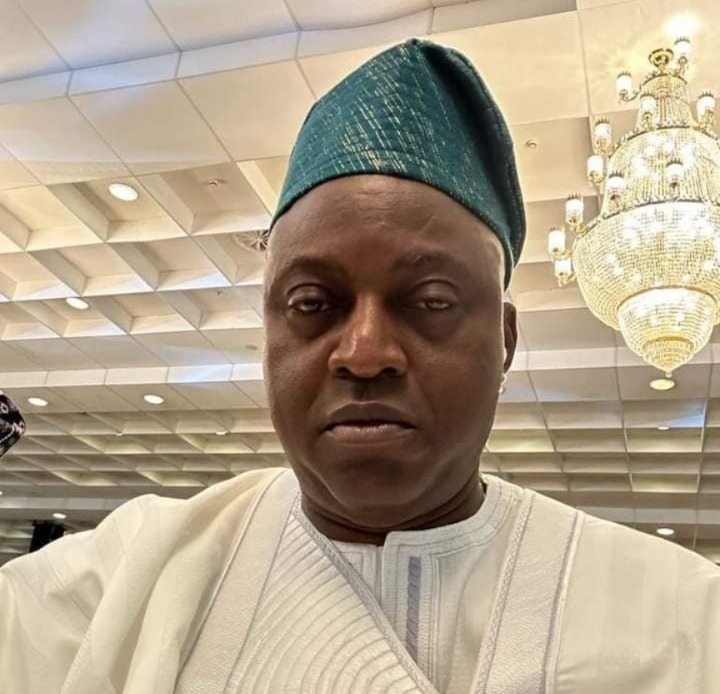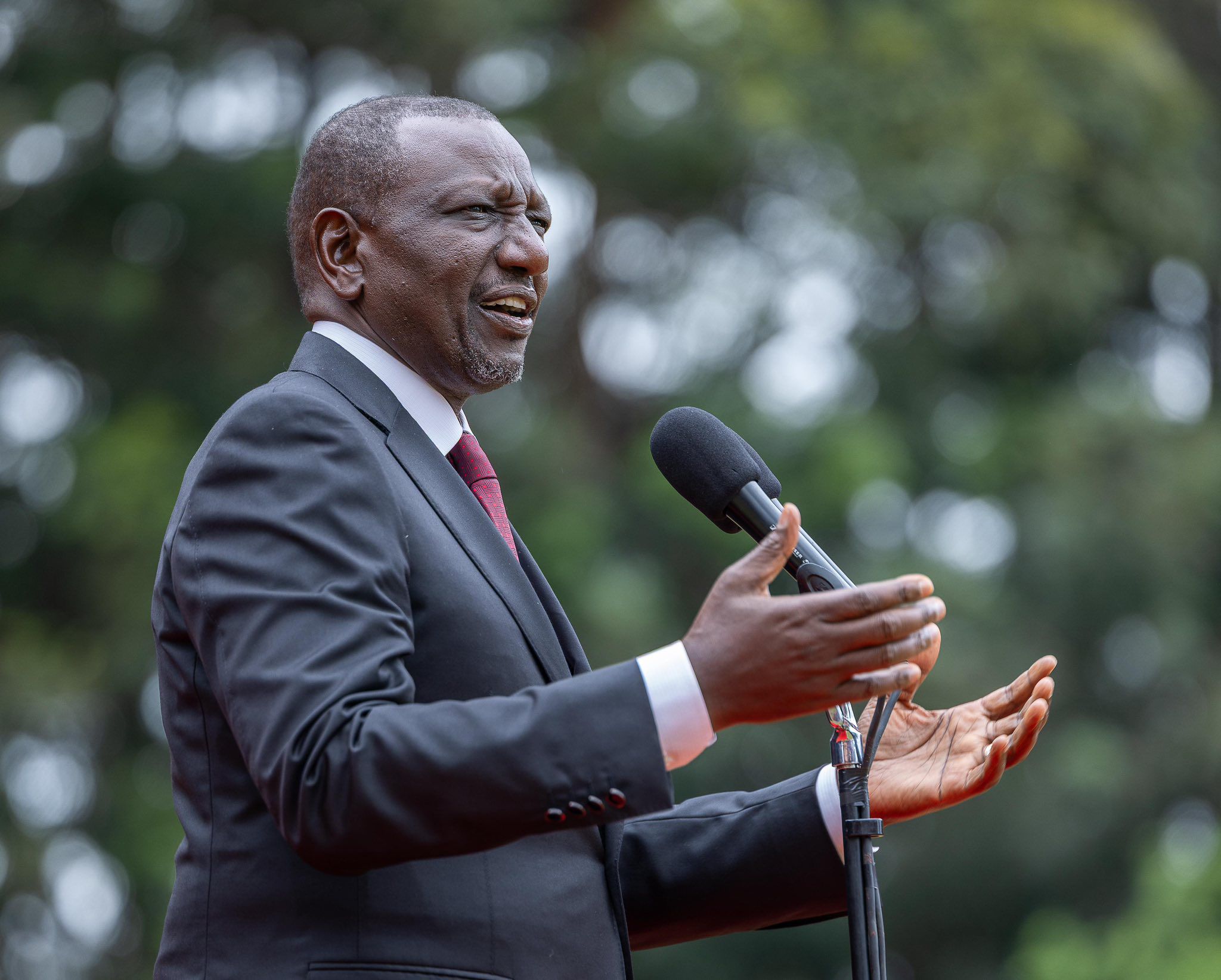Xinhua Commentary: BRICS injects momentum into Global South solidarity, global certainty
by Xinhua writer Xuan Liqi
BEIJING, July 6 (Xinhua) -- The 17th BRICS Summit, to be held in the Brazilian city of Rio de Janeiro on Sunday and Monday, comes at a time of growing global volatility. Amid mounting geopolitical tensions and economic fragmentation, BRICS is increasingly being recognized as a source of stability and certainty.
What sets BRICS apart is its inclusive and cooperative framework tailored to the needs of emerging economies, particularly those across the Global South that seek fairer development opportunities.
True to the theme of this year's summit -- "Strengthening Global South Cooperation for More Inclusive and Sustainable Governance," BRICS has amplified the voices of countries long marginalized in global decision-making. This has made it a stabilizing force in an increasingly fractured world.
The expansion of BRICS marks a qualitative leap in its representativeness and influence. In January this year, Indonesia, the largest economy in ASEAN, officially joined BRICS. Today, BRICS countries account for over half of the world's population, nearly 30 percent of global GDP, and more than 50 percent of global economic growth. This signifies a historic shift of Global South power from the periphery to the center of the international arena.
A greater BRICS, with enhanced appeal, stronger representativeness, and broader geographic reach, is reshaping the global political and economic landscape. The growing diversity of BRICS further underscores its commitment to inclusivity and its role as a true representative of the Global South.
Greater BRICS cooperation has highlighted the development priorities of emerging economies and fostered dialogue on equal footing. It reflects the growing consensus that effective multilateral solutions must involve a broader range of voices, especially those previously excluded.
In practice, BRICS has offered a hopeful and practical development model for developing countries through initiatives focused on infrastructure investment, technology transfer and financial integration. For many Global South members facing infrastructure challenges, food insecurity and climate vulnerabilities, BRICS offers much-needed support where others have fallen short.
More importantly, BRICS is also a collective voice for fairness and justice in global governance. It advocates for shared progress, mutual respect and sovereign equality, while firmly opposing the formation of exclusive "small blocs."
The BRICS countries are committed to practicing true multilateralism, upholding the international system with the United Nations at its core, as well as supporting and strengthening the multilateral trading system with the World Trade Organization at its center.
Within platforms like the United Nations and G20, BRICS countries have strengthened policy communication, coordinated positions and constructively advanced reform of the global governance system. This has significantly enhanced the voice of developing countries, their agenda-setting power and their influence on international rule-making.
In an increasingly complex global environment, BRICS's focus on consensus-building and practical cooperation continues to inject more justice, fairness, and predictability into the international economic and political order.
At its core, BRICS envisions a more equitable world, one where development is inclusive, and where the voices of the many, not just a few, shape the future.












